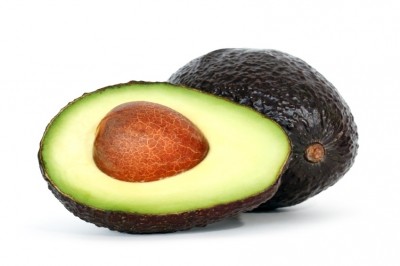Mediterranean diet linked to increased brain volume, say scientists

Hippocrates (470-377 BC) said: “Let food be thy medicine, and medicine be thy food”, and recent research into the diet on which he lived appears to be proving the Ancient Greek physician correct.
Better food, bigger brain
Examining the brain volumes of people with an average age of 73 in Scotland, those reporting adherence to a Mediterranean style diet were found to have endured significantly less physical brain reduction three years later than those without.
Elements included in the diet were a high consumption of fruit, pulses, cereals, nuts, fish, olive oil and a low to moderate consumption of dairy products and other meats.
The study took over 1000 participants, all born in 1936 and all with comparative cognitive abilities and levels of education. A survey was taken of their dietary habits, and three years on, those still able took an MRI brain scan.
Of the 346 remaining participants, those sticking to a Mediterranean diet had far smaller reduction in overall brain volume and cortical size (the outer area of the brain) than those who had not.
Two side studies observed no significant difference in brain volume with regard to meat and fish consumption.
Dr. Michelle Luciano, lead researcher on the study, told FoodNavigator: “Since meat and fish were not significant alone, the association could likely be due to the Mediterranean style diet as a whole.”
“Three decades ago it was noticed that Mediterranean societies, which at the time were still sticking to that traditional diet, had significantly lower levels of cardiovascular disease […]. This led into research on dietary effects on dementia and neurological health. This Scottish study is a nice example of how Mediterranean food specifically is associated with improved health, rather than other lifestyle factors.”
The specific nutritional benefits associated with the changes are unknown; Luciano said that speculation is currently centred on increased levels of vitamins E and C and higher levels of omega 3, provided by higher amounts of fish.
Anti-oxidants found in nuts and wine are also thought to contribute.
Luciano was clear that more randomised research should be done into both the possible cause of reduced brain shrinkage and the specific nutritional ingredients producing these affects in the diet.
“It’s not clear what about the diet is giving this affect […]. We can’t establish a causal relationship between the diet and brain change," she said.
"The diet measurement was taken earlier than the brain measurements and this could suggest a causal relationship.
Luciano added: "We’ve also addressed other confounding factors such as education and other health factors such as diabetes, since these can affect brain volume as well."
Source: Neurology
Published online ahead of print January 4, 2017, doi: http://dx.doi.org/10.1212/WNL.0000000000003559
"Mediterranean-type diet and brain structural change from 73 to 76 years in Scottish cohort"
Authors: Michelle Luciano et al.















